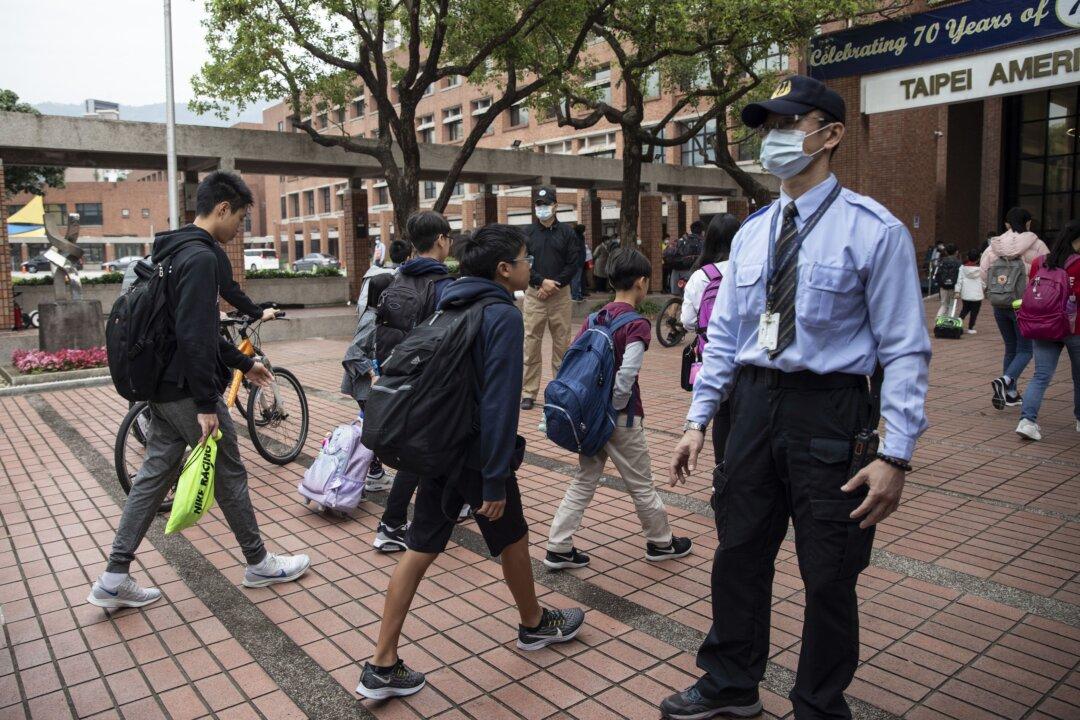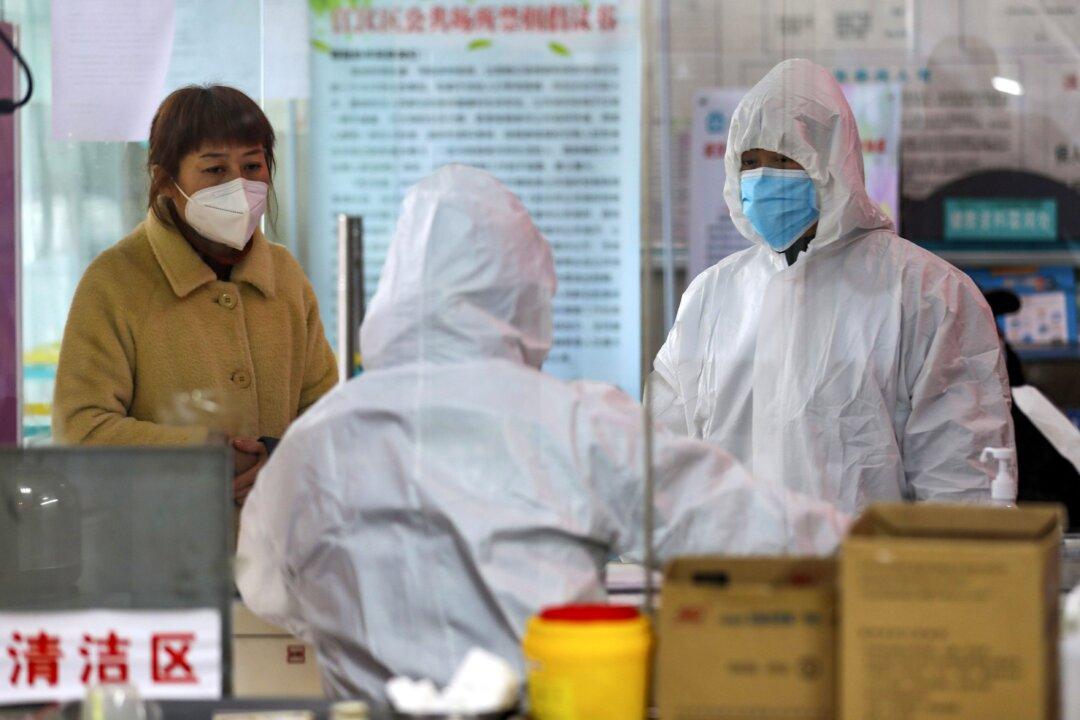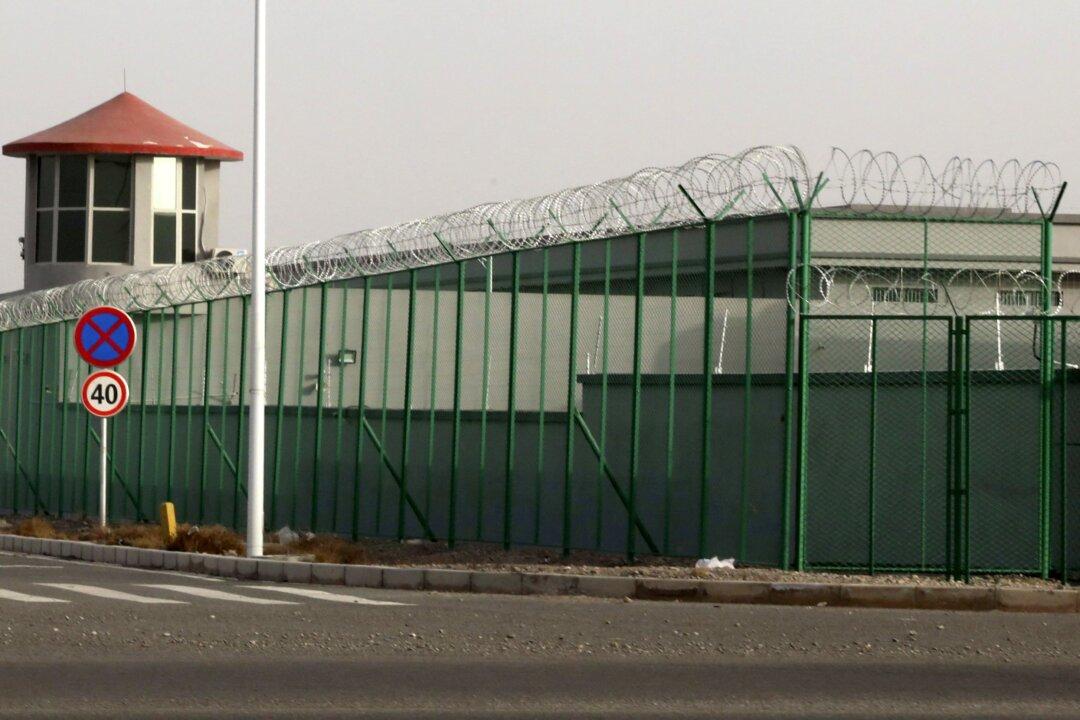The mean annual temperature globally in 2014 was up about 0.7 degrees Celsius over the base year 1972, marking the 38th consecutive year since 1977 that the yearly global temperature was above average.
A 1-degree rise in temperature is projected to impact negatively the production of crops such as corn and wheat. Risks for food security become especially significant when local warming exceeds 4 degrees Celsius, the upper estimate for global average warming by 2100. At 4 degrees Celsius, the United Nation’s Intergovernmental Panel for Climate Change (IPCC) warns that climate change becomes the “dominant driver of impacts on ecosystems.”
Carbon dioxide emissions from fossil fuel use and cement production, in kilo tons per year, rose from 15 million in 1972 to 35 million in 2013. Even if we stopped emitting greenhouse gases today, there’s enough extra CO2 and other gases in the atmosphere to keep the planet warming for a long time.





